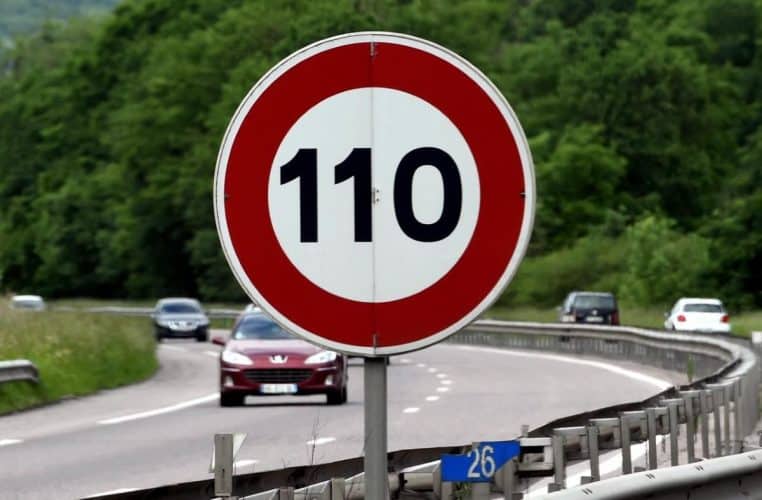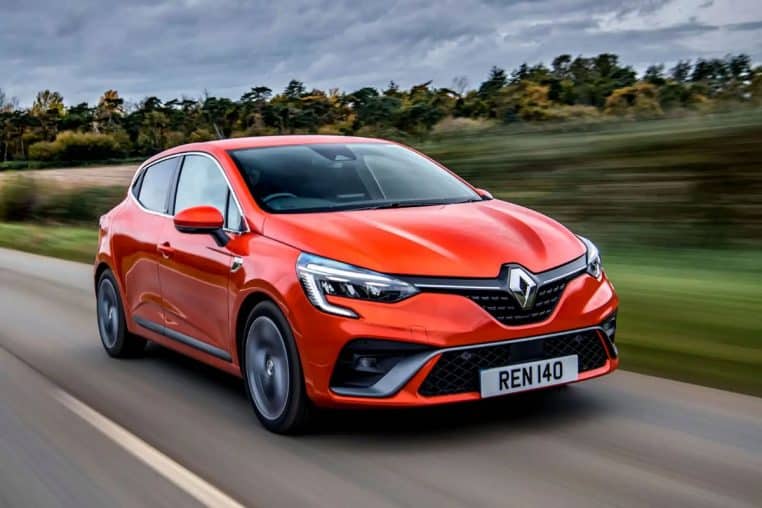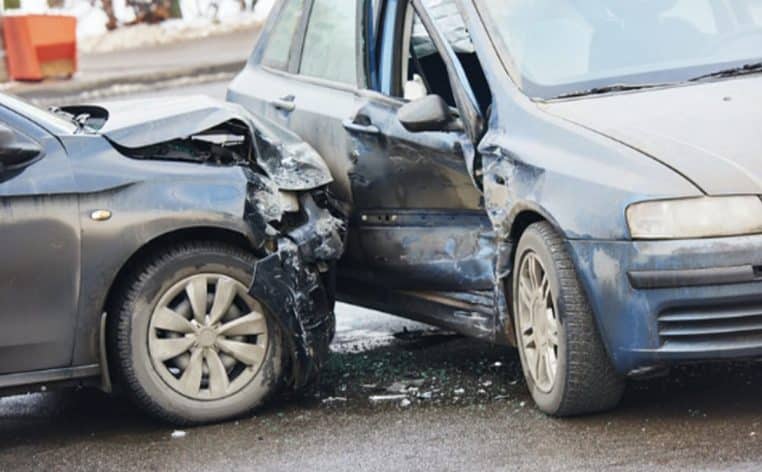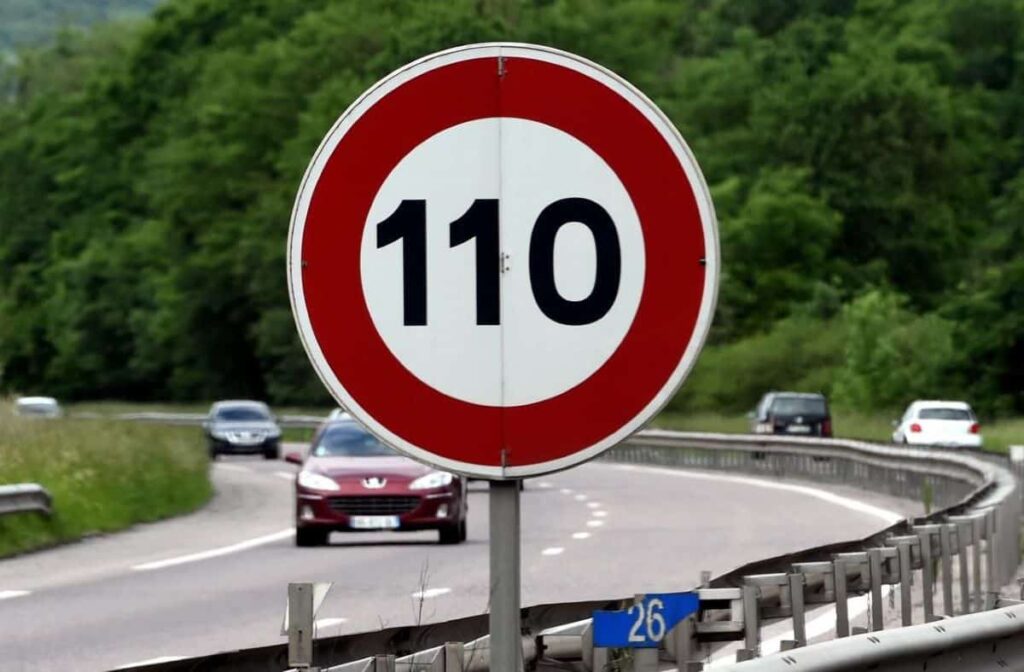Renault has just unveiled a new initiative aimed at road safety, specifically designed for young drivers. Through its program called “Safety Car,” the French manufacturer offers a voluntary speed limit of 110 km/h on certain models, including the Renault Clio. This measure is part of a broader strategy to prevent and reduce risks on the road.

The French manufacturer Renault has made a bold move by announcing the launch of its “Safety Car” initiative, an innovative solution aimed at enhancing the safety of young drivers. Specifically, this involves reprogramming the engine control unit of the Renault Clio to voluntarily limit the maximum speed of the vehicle to 110 km/h. This decision is significant, as statistics show that drivers aged 18 to 24 are overrepresented in serious accidents.
This measure is part of Renault’s “Human First Program” and aims to raise awareness among novice drivers about the dangers of speed. It could appeal to many parents who worry about their children driving without adequate experience. The goal is to provide them with a safer environment during their early driving years, a period where caution is crucial.
This speed-limiting device was prominently launched during the Formula 1 Grand Prix in Japan on April 6, 2025. Renault enlisted the help of renowned French driver Pierre Gasly to lead this awareness campaign, featuring a commercial where he supervises a young driver behind the wheel of a Clio on the iconic Monaco circuit. This pedagogical and impactful approach emphasizes the importance of driving safely.
A Simple Operation and Flexible Adoption
The “Safety Car” system relies on a straightforward intervention at a Renault workshop: a simple electronic reconfiguration of the engine that limits the vehicle’s speed to 110 km/h. This operation costs 59 euros and is accessible and quick, requiring no complex mechanical changes. Once the probationary period is over, the speed limit can be removed to restore the original performance of the Clio.


This speed limitation does not affect functionality, such as the cruise control or speed limiter. The system electronically caps the maximum speed to ensure a smooth experience for the young driver. This technical flexibility also avoids penalizing the vehicle in the long term, a crucial aspect for families looking to invest in a sustainable vehicle.
By addressing speed proactively, Renault aims to mitigate risky behaviors on the road. This type of initiative aligns with a broader trend as accidents due to speeding remain a significant issue. Every year, numerous tragedies are linked to reckless driving, reinforcing the need for early awareness during driving training.
A Response Aligned with the Challenges of Young Drivers
Limiting speed for new drivers significantly reduces the risk of serious accidents. Given that young individuals constitute a substantial share of road casualties, this precautionary measure makes perfect sense. By capping the Clio at 110 km/h, Renault aims to encourage more composed driving, focusing on anticipation and vehicle control.


This decision aligns with the specific speed limits imposed in France on probationary drivers. It intends to instill respect for legal speed habits from the outset, preventing dangerous behaviors that can develop with experience. In this way, Renault positions itself as a proactive participant in road safety.
This type of speed limiting is both financially accessible and technically reversible, catering to the flexibility expectations of consumers. At a time when some safety measures are becoming increasingly restrictive, Renault offers a balanced solution: to enhance safety without complicating the everyday use of the vehicle.







